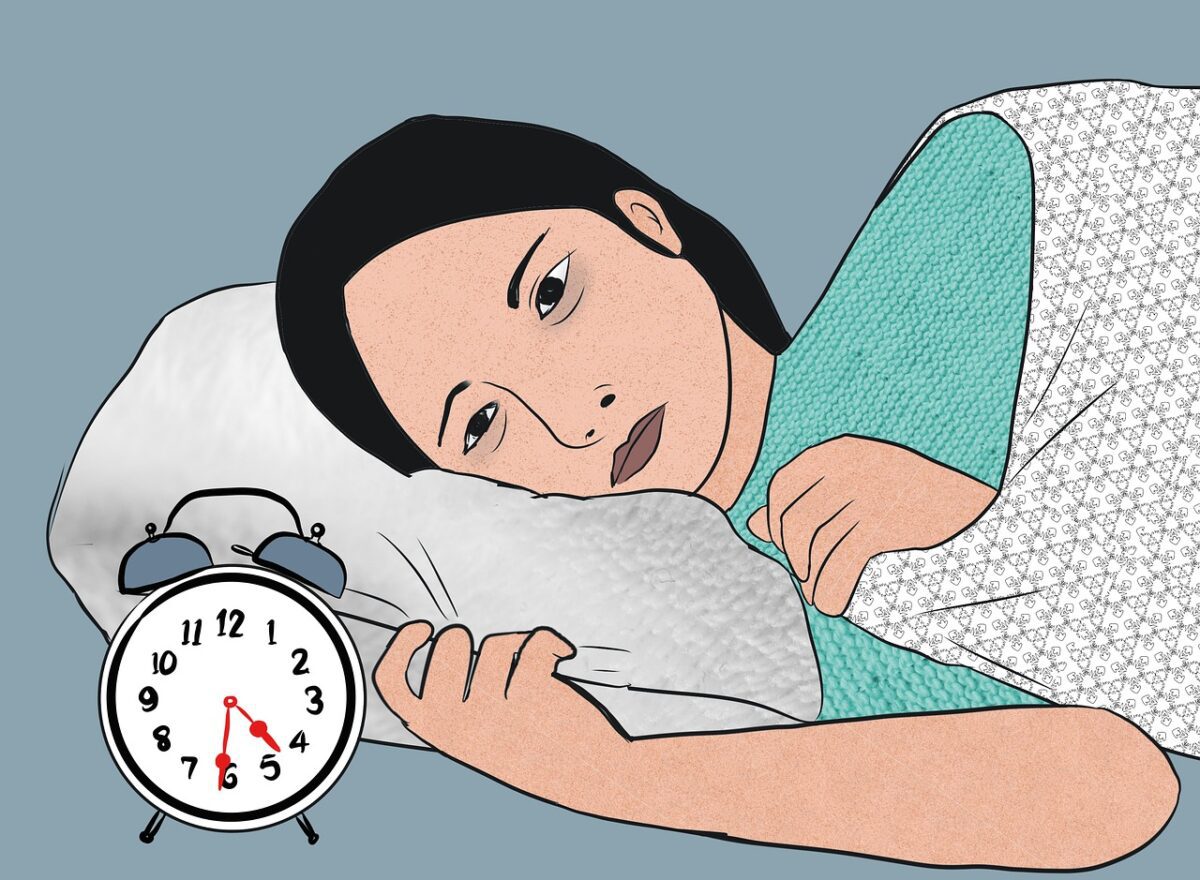Few things are more critical to your health than a good night’s sleep.
In the United States and Australia, around 45 percent of the population does not get the necessary seven to nine hours of sleep each night.
In addition, one in three persons living in the United States experiences insomnia at some point in their lives.
This syndrome is characterized by problems falling asleep, staying asleep, or obtaining high-quality sleep.
Believe it or not, some foods can help with insomnia. Here are 5 of the best, according to the experts.
5 Foods To Help With Insomnia
Kiwi
The kiwi or kiwifruit is a small, oval-shaped fruit commonly associated with New Zealand.
Numerous vitamins and minerals are included in kiwis, including vitamins C and E, potassium, and folate.
Researchers have discovered that eating kiwis can improve sleep quality. In a study, individuals who consumed two kiwis one hour before bedtime fell asleep more quickly, slept longer and had higher sleep quality.
It is unclear why kiwis may aid in sleep; however, experts believe it may be due to their antioxidant characteristics, ability to resolve folate deficiencies, and/or high serotonin content.
Almonds
Almonds are a type of nut that have numerous health advantages.
One of which may be to improve sleep quality. This is because almonds, along with several other types of nuts, contain the hormone melatonin. Melatonin controls your internal clock and prepares your body for sleep.
Almonds are also a good source of magnesium, giving 19% of the recommended daily allowance in just 1 ounce. Magnesium consumption may improve sleep quality, particularly for insomnia patients.
It is believed that magnesium’s role in inducing sleep is due to its anti-inflammatory properties. In addition, it may lower cortisol levels, which are known to disrupt sleep.
Walnuts
Another nut makes this list as walnuts contain several sleep-promoting and sleep-regulating chemicals, including melatonin, serotonin, and magnesium.
Like almonds, walnuts are rich in melatonin, but studies have not yet established a conclusive link between consumption of these nuts and enhanced sleep.
Malted Milk
Malted milk is produced by mixing milk with a powder containing predominantly wheat flour, malted wheat, and malted barley, as well as sugar and a variety of vitamins.
Small studies have indicated that drinking malted milk before bed reduces sleep disturbances. It is questionable whether the B and D vitamins in malted milk are responsible for these advantages, although it is possible.
Milk contains melatonin, and certain milk products are supplemented with melatonin.
When cows are milked at night, their milk contains more melatonin, which may be beneficial as a natural source of the hormone that induces sleep.
Chamomile Tea
Chamomile tea is a well-liked herbal tea that may have multiple health advantages. Traditionally, chamomile is used to treat insomnia.
It is renowned for its flavones. Flavones are a type of antioxidant that reduces the inflammation that frequently contributes to chronic diseases, including cancer and heart disease.
Researchers believe that apigenin, a flavonoid component, is responsible for the sleep-inducing qualities of chamomile. Apigenin appears to activate GABA A receptors, a mechanism that promotes sleep.







